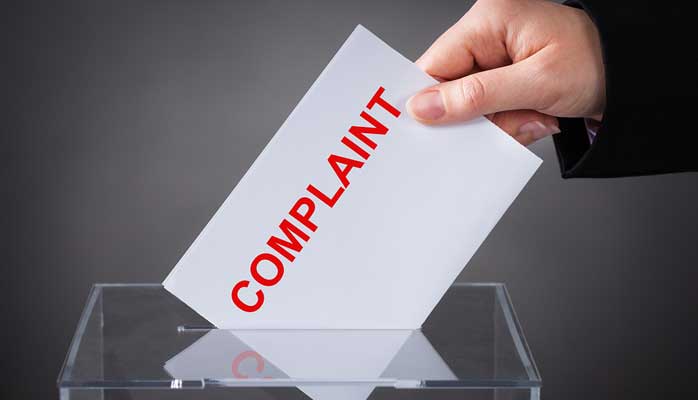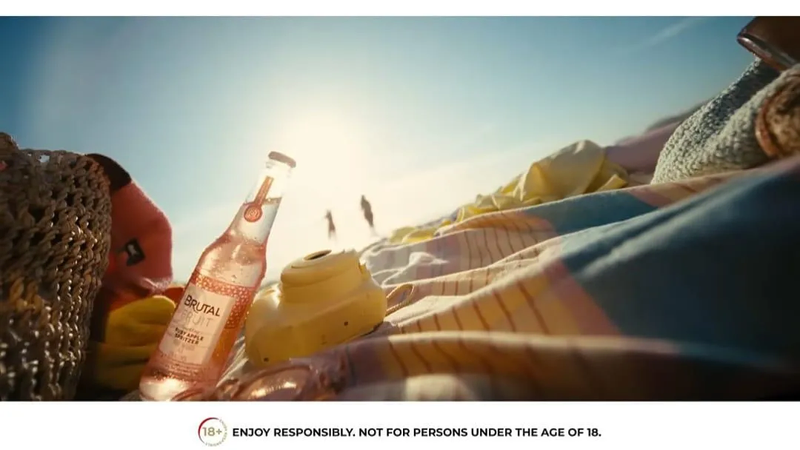Consumer controversies
When Humour Crosses the Line: Pineapple Insurance Ad Sparks Tribalism Backlash

In South Africa, where comedy often lightens the load of daily life, a recent ad from Pineapple Insurance tried to tap into that spirit but ended up igniting something else entirely.
The Facebook ad in question compared driving without car insurance to greeting a taxi driver with “dumelang,” a Sesotho word for “hello.” While it may have been pitched as a playful metaphor, the Advertising Regulatory Board (ARB) didn’t find it funny.
The Joke That Backfired
Pineapple Insurance defended the ad as a “light-hearted analogy,” suggesting that using a Sotho greeting in a taxi, typically driven by a Zulu-speaking person, is unusual and potentially awkward, just like driving without insurance. They claimed the campaign aimed to highlight relatable experiences from daily life while reflecting South Africa’s cultural diversity.
But a member of the public didn’t agree, lodging a formal complaint with the ARB. The complainant argued that the ad leaned heavily on tribal stereotypes, implying that all taxi drivers are Zulu and that Zulu speakers inherently dislike Sesotho-speaking people.
The ARB investigated and concluded that the ad veered into discriminatory territory.
Humour or Harm?
While the ARB acknowledged that South Africans often use humour to navigate complex cultural dynamics, they drew a firm line here. The watchdog found that the ad not only risked reinforcing tribalistic stereotypes but also subtly implied that greeting a Zulu taxi driver in Sesotho could provoke a hostile or dangerous reaction.
That, the ARB explained, is where the joke crumbles. “Driving without insurance is risky, not awkward,” the board stated. The implication that speaking Sesotho to a Zulu taxi driver is risky is, in itself, a damaging message that plays into harmful social assumptions.
Language, Power, and Public Perception
Pineapple Insurance justified their position by pointing out that Zulu is South Africa’s most widely spoken language, especially in Gauteng. From their view, the analogy wasn’t intended to stereotype but to reflect real-life language nuances. They even suggested that the campaign was designed to be inclusive by referencing various South African languages and cultural experiences.
But the ARB wasn’t convinced. They argued that by making the discomfort of a cross-language greeting central to the campaign’s metaphor, the ad leaned on tribal prejudices. It suggested that Zulu taxi drivers would respond negatively or even aggressively, thereby reinforcing a problematic trope.
What the Public Thinks
On social media, the debate split users. Some defended the ad as relatable, saying it reflected real-life jitters around language and public transport in Johannesburg. Others criticised it for lazily falling into old narratives that reduce entire cultural groups to clichés.
Comments ranged from “We know what the joke meant” to “This is exactly why tribalism never dies in this country.”
Why This Matters
Advertising has always been a mirror of society, sometimes flattering, sometimes distorting. In South Africa, where identity, language, and culture are deeply personal and politically charged, marketers carry extra responsibility. Humour that hits the wrong note can unintentionally deepen social divides, even if that wasn’t the goal.
For Pineapple Insurance, the cost of trying to be relatable was a public reprimand and a pulled campaign. For the public, it’s a reminder that the line between clever and careless in advertising is thinner than it seems.
Also read: A Tenant Won’t Leave, the Lease Is Ignored, and This Joburg Landlord Is Paying the Price
Follow Joburg ETC on Facebook, Twitter, TikTok and Instagram
For more News in Johannesburg, visit joburgetc.com
Source: IOL
Featured Image: JFM Law

















